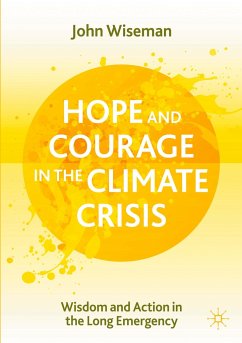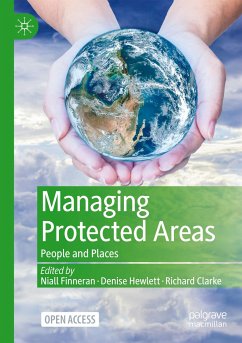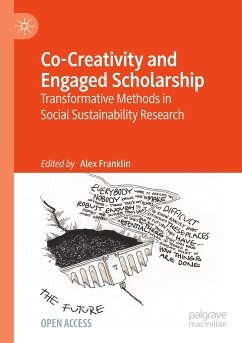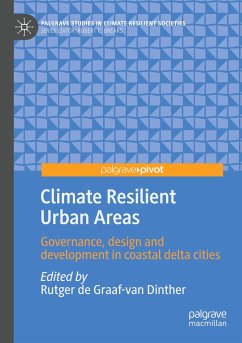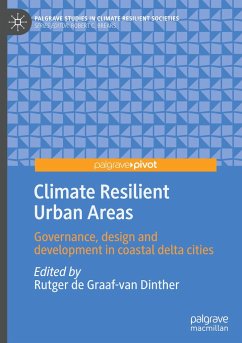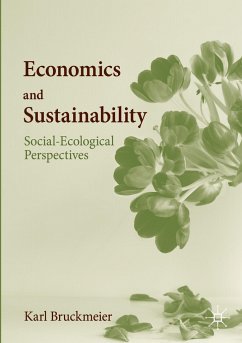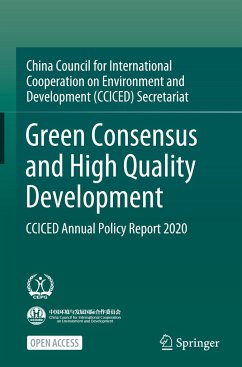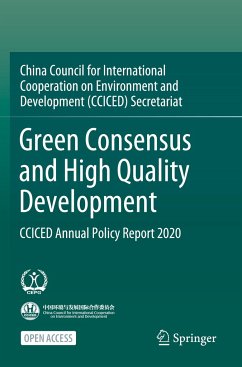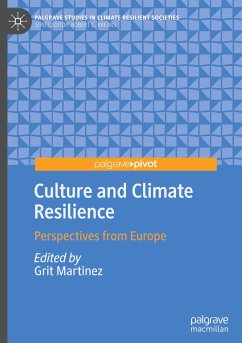
Quantifying Climate Risk and Building Resilience in the UK
Versandkostenfrei!
Versandfertig in 6-10 Tagen
23,99 €
inkl. MwSt.

PAYBACK Punkte
12 °P sammeln!
This open access book draws together key research from the UK Climate Resilience programme. It focuses on topics central to the programme's research agenda, including improved characterisation and quantification of climate risks, enhanced understanding of the management of climate risks, and the development and delivery of climate services. Key chapters address the challenges inherent to undertaking resilience research, including how to make the term 'climate resilience' usable and useful, co-producing research between academics, policy makers and practitioners, and engaging and communicating ...
This open access book draws together key research from the UK Climate Resilience programme. It focuses on topics central to the programme's research agenda, including improved characterisation and quantification of climate risks, enhanced understanding of the management of climate risks, and the development and delivery of climate services. Key chapters address the challenges inherent to undertaking resilience research, including how to make the term 'climate resilience' usable and useful, co-producing research between academics, policy makers and practitioners, and engaging and communicating outside of academia. This book is unique in providing a concise and accessible overview of the programme's key lessons, placing the findings into a wider context and it will inform future research, policy and practice agendas.





